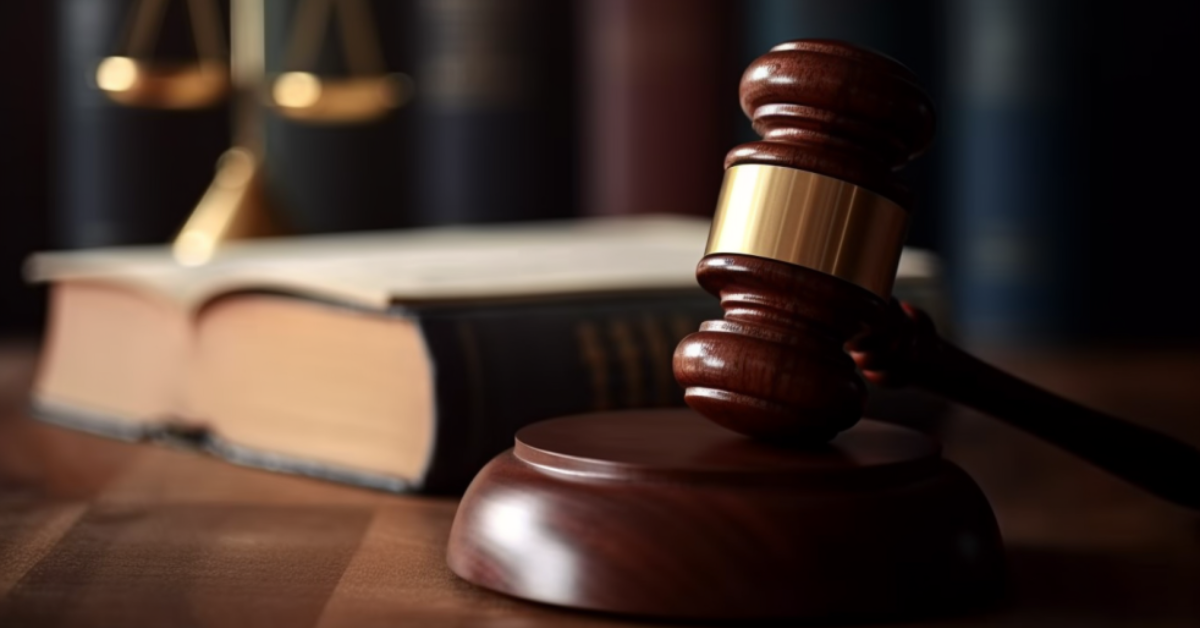Substance use disorders (SUDs) devastate individuals, families, and communities. Often, those struggling with addiction are unable or unwilling to seek help on their own due to denial, impaired judgment, or fear. In Florida, the Marchman Act provides a powerful legal mechanism that empowers loved ones to intervene and seek involuntary assessment and treatment for individuals battling substance abuse. This article explores the details, application, and implications of the Marchman Act, as well as its growing role in addressing addiction across the state.
What Is the Marchman Act?
Enacted in 1993, the Hal S. Marchman Alcohol and Other Drug Services Act, commonly known as the Marchman Act, is a Florida state law that enables families, medical professionals, and law enforcement officers to petition the courts for the involuntary assessment, stabilization, and treatment of individuals exhibiting signs of severe substance use disorders.
Unlike criminal statutes, the Marchman Act is civil in nature. It is designed not to punish, but to facilitate access to necessary care when the individual is at risk of harm and unable to recognize the need for help.
Key Criteria for Involuntary Intervention
To qualify for intervention under the Marchman Act, certain criteria must be met:
- Substance Use Disorder: The individual must be believed to have a substance use disorder as defined by clinical standards.
- Loss of Control: The individual must have lost the power of self-control with respect to substance use.
- Refusal of Voluntary Help: The person must be unwilling or unable to seek treatment voluntarily.
- Risk of Harm: There must be a reasonable belief that without intervention, the person may cause harm to themselves or others or suffer serious physical impairment.
How the Marchman Act Works: A Step-by-Step Overview
1. Filing the Petition
A concerned party typically a family member, guardian, or three adults with direct knowledge of the individual’s condition can file a petition for involuntary assessment at the local clerk of court’s office.
2. Court Evaluation and Hearing
Once the petition is filed, a judge may issue an ex parte order (without the individual present) for immediate assessment, or schedule a hearing to determine whether the petition meets the statutory criteria.
3. Assessment and Stabilization
If approved, the person is taken into custody for up to five days for medical and psychological assessment, detoxification, and stabilization.
4. Treatment Petition
Following the assessment, if continued treatment is deemed necessary, the petitioner can file a second petition for involuntary treatment, which may be granted for up to 90 days, with possible extensions upon review.
5. Court-Ordered Treatment
Treatment can take place in an inpatient or outpatient setting, depending on the individual’s condition and court order. Facilities may include licensed detox centers, residential treatment programs, or outpatient clinics.
Why Families Are Turning to the Marchman Act
Substance use disorders can severely compromise an individual’s capacity for self-awareness and judgment. Loved ones often find themselves watching helplessly as the person they care about spirals out of control. The Marchman Act offers a life-saving alternative when traditional persuasion or voluntary treatment fails.
In recent years, as the opioid crisis and alcohol-related deaths continue to rise, families across Florida are increasingly utilizing the Marchman Act to protect loved ones from overdoses, criminal behavior, homelessness, and death.
Challenges and Considerations
While the Marchman Act is a powerful tool, its use is not without challenges:
- Legal Complexity: The process can be difficult to navigate without legal guidance.
- Access to Treatment: Not all counties have sufficient resources or treatment beds, leading to delays or inadequate care.
- Reluctance and Resistance: Individuals under a Marchman Act order may be resistant, which can affect the outcome of treatment.
- Stigma: Families may fear judgment for pursuing involuntary treatment, despite acting in the individual’s best interest.
Nonetheless, the law remains a crucial option when all others have failed.
The Role of Community and Legal Support
Nonprofit organizations, attorneys, interventionists, and treatment centers often work together with families to facilitate the Marchman Act process. Florida counties such as Miami-Dade, Palm Beach, and Hillsborough have well-established systems for handling petitions and connecting individuals with care.
Education campaigns and outreach programs have also helped reduce stigma and increase public awareness of the law’s benefits.
A Lifeline for Families in Crisis
The Marchman Act stands as a testament to Florida’s recognition that addiction is a disease, not a moral failing and that sometimes, compassionate force is necessary to save lives. It offers hope to families caught in the chaos of addiction and provides a structured legal framework to get individuals the help they need when they can’t or won’t ask for it themselves.
For many, it is the first step on a long journey toward recovery, healing, and renewed connection.
If you are considering using the Marchman Act for a loved one, it’s advisable to consult with a behavioral health attorney, contact your local court, or reach out to an addiction specialist who understands the Florida legal and healthcare systems.




